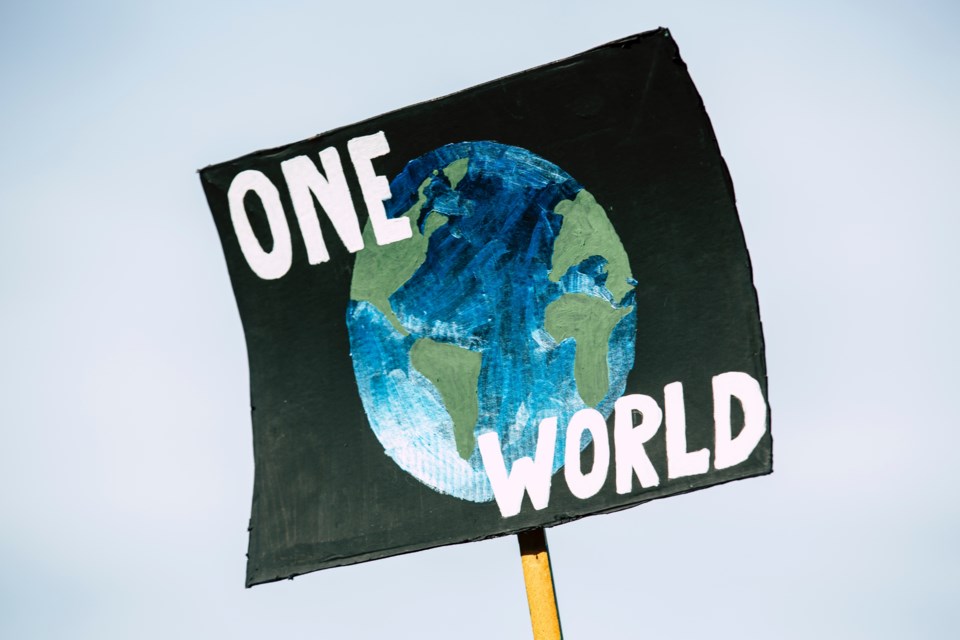This week, Kohei Noda from Japan and Marin Chaveyriat from France are sending out media releases in their countries. They're urging Italy, the USA and Japan to join Canada's Global Carbon Pricing Challenge.
This initiative aims to spur global action on carbon pricing, with a goal to cover 60 per cent of global emissions by 2030, up from the current 25 per cent.
Launched at COP 26 in 2021, the Challenge is rallying more and more countries. On April 11, France joined and is the 37th country to do so. Challenge partners also include Chile, Denmark, Germany, EU (27), New Zealand, Norway, South Korea, Sweden, and the UK.
They actively implement or plan carbon pricing measures. Meanwhile, friends like Côte d’Ivoire are committed to carbon pricing, domestically or internationally. This collaborative network fosters meaningful climate change mitigation progress.

As the last G7 countries not to have joined the Challenge yet, it is time for Japan, the USA and Italy to heed the call and unite with the other G7 countries.
The G7 Climate Club, comprising some of the world's largest economies, presents an ideal forum for advancing discussions on carbon pricing. With Italy hosting the upcoming G7 summit in June, there exists a timely opportunity to prioritize climate action and elevate the Challenge on the global agenda.
The latest round of Intergovernmental Panel on Climate Change (IPCC) reports underscores the critical juncture at which humanity finds itself. It emphasizes the urgent need for decisive action, backed by clear signaling from governments and the international community.
Additionally, the same IPCC reports acknowledges carbon pricing as an effective lever to reduce emissions.
"There is abundant evidence that carbon pricing policies reduce emissions," the panel said.
Implementing carbon pricing enables low-carbon solutions, like heat pumps, electric vehicles, geothermal energy, renewables, and many more — to develop and scale across the world.
Canada has already taken strides in this direction, enacting a policy that places a fee on fossil fuel pollution while ensuring rebates to citizens. This approach has garnered widespread support from thousands of professional economists worldwide, including 28 Nobel laureates and more than 400 Canadian Economists, who recognize the efficacy of carbon pricing in driving emissions reductions.
At our recent Earth Day event to Celebrate the Rebate, economist Dr. David Robinson said this about fossil fuel pollution pricing with rebates: "It is actually the best scheme in the world anyone has come up with."
Currently, 52 countries have implemented or are in the process of implementing a carbon pricing policy, with even China having enforced pollution pricing for two years. Canada's Global Carbon Pricing Challenge, boasting 37 partners, signifies the potential for further expansion of the coalition.
Aligning with Canada and its allies in this Challenge isn't solely an act of environmental responsibility; it's crucial for safeguarding the planet's future and securing sustainable prosperity for generations to follow. After 10 months of wildfires in Canada and a potentially record wildfire season ahead, the time for action is now, and the stakes could not be higher.
Cathy Orlando is the director of programs for Citizens’ Climate International.
